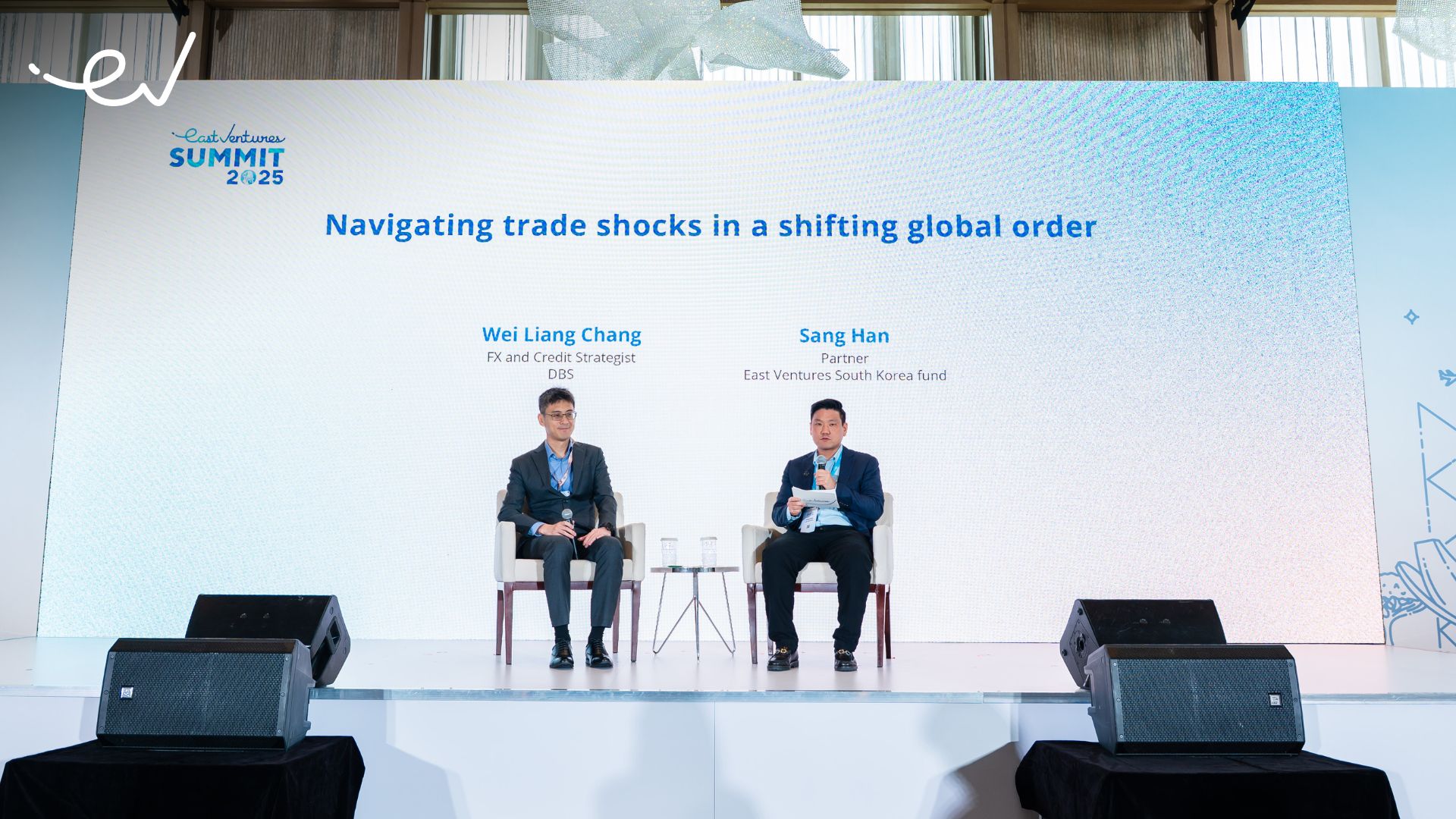Last week, Indonesia concluded not one, but two major trade deals with the US (United States) and the IEU-CEPA (Indonesia-EU Comprehensive Economic Partnership Agreement), which are still widely discussed.
Most notably, the trade agreement of the new US-Indonesia tariffs deal went from 32% to 19%, which places Indonesia currently in the lowest tariff bracket for exports to the US among ASEAN countries. On the other hand, the IEU-CEPA agreement eliminates import duties on more than 90% of Indonesian export products to Europe by implementing 0% tariff.
This tariff reduction could benefit and create positive momentum for Indonesia’s financial markets as it provides certainty for investors and businesses. Overall, it is expected to support the country’s economic outlook, including growth prospects, financial market stability, monetary policy effectiveness, and currency resilience.
In the following, we will explore more about the US-Indonesia tariff deal and how it potentially brings tangible benefits to Indonesia’s economy by creating jobs and increasing productivity.
This new trade agreement not only gives Indonesian businesses greater access to the US market but also attracts new US investments across several sectors. In this context, the US-Indonesia tariff agreement can serve as a momentum to strengthen the domestic production ecosystem, allowing Indonesia to export not only raw materials but also higher-value-added products. Therefore, this recent agreement should be fully leveraged to maximize Indonesia’s increased opportunities with the US.
East Ventures, as an early believer in Indonesia’s startup ecosystem and early backer of Southeast Asian tech companies, recognized the potential for businesses to harness technology to fuel growth within the evolving trade deal landscape.
Strategic approaches to trade and supply chain resilience in Southeast Asia
Significant changes in trade agreements between the US and other countries have sparked dynamic market responses and widespread discussions. This evolving trade landscape brings both new opportunities and challenges that are shaping the future of international commerce.
At the East Ventures Summit 2025 in May, we had the opportunity to speak with Wei Liang Chang, FX and Credit Strategist at DBS, moderated by Sang Han, Partner for East Ventures South Korea fund. Together, we explored effective strategies for navigating trade dynamics amid the transforming global order.
When discussing trade, the supply chain stands out as one of the most critical aspects to consider. This naturally raises important questions such as: How vulnerable is the supply chain to disruption from geopolitical events? Do any economies risk overdependence on a single nation? Are there sufficient alternative suppliers to ensure resilience?
Focusing on the new tariff announced by the US, the current trade landscape clearly recognizes that geopolitical reality has shifted significantly. In response to increased global unpredictability, there is a strong push to diversify and encourage alternative suppliers to mitigate risks.
In this context, many companies are adopting the “China Plus One” strategy, aiming to reduce dependence on a single source by expanding their supplier base to include other countries.
“Trade is not a winner-takes-all game. Trade is a win-win scenario. By trading, countries will be able to get a bigger pie. And it’s really just a way of trying to divide it in an equitable manner,” said Wei Liang Chang.
This highlights that trade deals have broader impacts beyond the supply chain considerations, such as influencing domestic currencies, foreign ownership of government bonds, and investor appetite in the region.
Despite all the challenges in this shifting trade landscape, there are proven strategies that can help foster growth and investments during times like this. For example, fostering more public-private partnerships can attract additional capital and accelerate infrastructure development. Given the reduction of non-tariff barriers and tariffs now, regional connectivity can be boosted, combined with efforts to harmonize rules around e-commerce, trade, and investment. It will make Southeast Asian countries more attractive as investment destinations.
Furthermore, Wei Liang Chang emphasized, “There is also a potential room for governments to encourage more investments in terms of tech disruptors to foster growth in the tech ecosystem. Because that is one area where it is more immune to some extent from trade pressures, and that is also a room for growth, especially around software, especially AI (artificial intelligence), and I think even to some extent, renewables investments.”
In conclusion, navigating supply chain risks in Southeast Asia calls for a strategic diversification, regulatory harmonization, and innovation that can unlock new growth prospects in a rapidly changing global trade environment.
Seizing opportunities for Indonesian businesses amid global trade shifts
The recent US-Indonesia tariff deal, alongside Indonesia’s milestone agreement with the EU, signals promising times for businesses in Indonesia. As tariffs are lowered and market access widens, companies have greater opportunities to expand their reach, attract investment, and deepen their roles in global value chains.
This means more than just tapping into new export markets; it is also about positioning their business to take active role of the shifting trade landscape. Sectors like technology, renewable energy, and manufacturing stands out as a growth areas that are relatively affected by traditional trade pressure. Investments and innovation in AI, tech and clean energy also present as exciting avenues for founders.
Some key actionable steps for Indonesian businesses to navigate this new era of trade:
- Leverage macroeconomic deals as a fuel for innovation
- Harnessing technologies like AI and machine learning to accelerate business growth
- Build stronger regional networks and partnerships
- Focus on sustainable and high-value-added products
- Engage with emerging trade agreements and policies
In summary, in this evolving global economy, Indonesian businesses that have proactively managed to adapt to the emerging trade frameworks will be best positioned to thrive.
As a pioneer and leading sector-agnostic venture capital firm in Southeast Asia, East Ventures remains firmly committed and stands to support startup founders to “defy gravity” and rise above challenges to redefine what is possible in Southeast Asia’s tech landscape.
If you are a startup founder ready to move forward and scale your business, pitch to us.







